The Americanisation of Australian politics: watching the Atlas Network
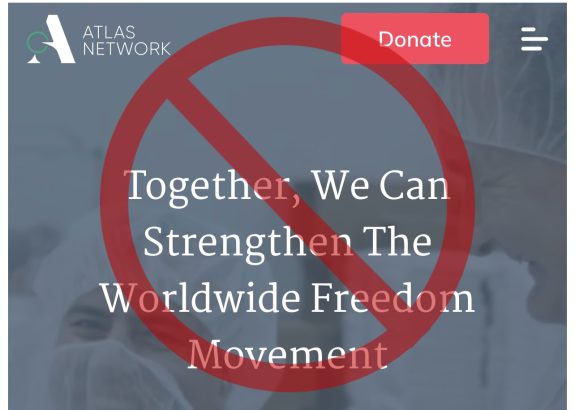
It is no accident that the Australian “conservative” movement has transformed into an echo of the toxic American Right. Fossil fuel money and a giant international network of junktanks bear much of the blame.
Dr Jeremy Walker’s research into the Atlas Network’s Australian partners brought that American body to prominence over the referendum campaign. The media coverage of his academic study into the influence of “think” tanks such as the Centre for Independent Studies (CIS) and the Institute of Public Affairs (IPA) carrying Atlas strategies into the Australian civic discourse raised Atlas’s profile.
The latest attack by Atlas partner organisations, including (unofficially) News Corp, is a strategic campaign against offshore wind farms.
The model, as Walker reports, for the supposedly grassroots campaign against offshore wind farms on coastal NSW is derived from a related campaign in the United States. Researchers into climate disinformation at Brown University’s IBES first noticed local groups springing up with high production value visual material and matching talking points. While some figures acting in local Facebook groups seem to be authentic (if misled), others seem suspiciously strategic in their interaction.
Sydney University of Technology hosted an international webinar last week that brought together some of the best research voices challenging the climate disinformation industry which is in large part coordinated by Atlas. This sector continues to block any real action to prevent climate catastrophe – indeed is responsible for causing this crisis – as well as escalating the destruction of democratic projects around the world. There is to be no scope for any nation’s public to obstruct their ultra-free market goals.
Walker led the program hosted by former senator Scott Ludlum. Duke’s Professor Nancy MacLean, author of Democracy in Chains expanded on her investigative history of this movement. Professor Timmons Roberts from Brown University’s Climate and Development Lab and environmental journalist Brendan DeMille, executive director of the crucial DeSmog blog, detailed their work and resources. (Unfortunately Amy Westervelt of the outstanding Drilled site and podcast was called away.)
The two hours of the webinar was filled with densely conveyed information and access to resources such as the collection of fossil fuel industry documents illustrating that they knew carbon would create a climate disaster from the 1950s but decided from the 1980s to destroy the civic debate instead of changing business model to avert the catastrophe. Desmog provides extensive information about the Atlas Network’s functions and its partners around the globe. Roberts gave a link to the CDL site to contradict fossil fuel-funded disinformation about offshore wind energy. (The latest series from Drilled focuses on the criminalisation of climate and environmental protesters, and its crushing of free speech.)
Walker outlined the history of the Atlas phenomenon, pointing out that international oil industry manoeuvring began in the earliest years of the 20th century, even before widespread universal suffrage in democracies. Their goal to override national sentiments and constraints in supranational treaties and trade deals is central to their power and profit.
Walker pointed out that the Mont Pelerin Society (MPS) acts as the inner sanctum of the Atlas Network. It was founded in 1947 with oil connections from the outset, and neoliberalism can be dated from its inaugural conference. Atlas founder Anthony Fisher’s daughter Linda Whetstone was a director of his prototype “think” tank the British Institute of Economic Affairs, president of the MPS in 2020 and chairman of the Atlas Network from 2016.
As of the last leaked membership list of the secretive MPS in 2013, former Prime Minister John Howard was a member. John Roskam (Executive Director until 2022, now Senior Fellow, at the IPA) and News Corp’s Janet Albrechtsen were listed. Director and Founder of the CIS, Greg Lindsay, was a former president of the MPS. Ron Manners, founder of Atlas connected “think” tank the Mannkal Economic Education Foundation is a current director of the MPS. Maurice Newman, around the time he was chair of the ABC, was also listed. He helped found the CIS and was a seminal backer of Advance Australia which led the campaign against the Voice to Parliament.
The notorious Charles Koch took over orchestrating Atlas’s success after Fisher’s 1987 death, not to mention being a member of the MPS. Koch Industries was identified to be a “kingpin of climate science denial.” Without the Kochs and Rupert Murdoch, the Tea Party which morphed into Trump’s MAGA movement would have been stillborn. In 1980, when his brother and partner David ran as a Libertarian Party candidate, father of American conservatism William F Buckley described their politics as “Anarcho Totalitarianism.”
MacLean’s presentation highlighted the fact that the figures who held these “public choice” theories, devised by James Buchanan and largely funded by Koch (and peers), knew their ultra free market ideas would not win majority votes and so set out secretly to cripple democracy by any “technology” they could devise. MacLean drew attention to global attacks on democracy and surging autocracy, featuring the Atlas-connected money and “think” tanks that drove the Brexit vote as well as promoting far-right and neofascist politics in Europe. Both movements are tied to climate denial.
The Atlas Network’s main goal, as Demille summarised it, has been to spot and train global talent in the ultra free-market libertarian field and connect it to the free-flowing money that the alliance functions to assist. They now have at least 515 partner organisations in over 100 nations. The contributions of donors and even the fact of bodies functioning as Atlas partners, have been hidden as part of making any account such as this look like a conspiracy theory. They know that the impacts of complete deregulation – tainted water, air, dangerous workplaces – will be unpalatable even to the people inculcated to believe deregulation is desirable. The secession of the rich from civil society, particularly in paying tax, has meant ever fewer services and deteriorating infrastructure for the electorate. Secrecy is key for the corporations and plutocrats funding this model, structuring replicating “think” tanks and funding academics and spin doctors to sell what the backers can’t say.
George Monbiot, environmental and political journalist, describes these “think” tanks as “junktanks.” Included are those like the CIS that prefer to remain in the background targeting “high” strategies at politicians, CEOs and journalists. Also included are bodies such as the IPA which play to the “low” strategies at least in their public facade. The IPA fosters every idiot ball distraction that fuels the grievances and resentment in the culture war ignition of an enraged base. Those idiot balls are framed by their colleagues in America and imported lightly tinkered for the Australian market. Much of this is channelled through News Corp mastheads and Sky News, now funnelled free-to-air into the regions. Many idiot balls, such as the tantrums about EVs ruining the weekend or the threat to gas stoves, serve fossil fuel interests.
We must work out how to demarcate junktanks from think tanks doing genuine research. We must remove tax free status and ensure that their donor lists are made public. Every journalist or politician that emerges from or remains allied to such a junktank, every interviewee representing them, should be identified as such whenever they make a pronouncement. These disingenuous actors will, of course, feign outrage, pretending that bodies with integrity such as The Australia Institute are their mirror image “on the left.”
We must draw attention, constantly, to the asymmetric warfare at work. While one part of our civic space functions according to old (flawed) rules, the new Right respects no rules, traditions or norms. One of their strategies is projection: every political actor, researcher or “enemy” media body is as belligerent as they are. They also act to nobble the referees. Pretending that factcheckers, media bodies or public servants are as politically-driven as themselves is one of their weapons.
Our politicians and independent media figures need to speak about this architecture of influence and its anti-majoritarian goals.
This is no minor skirmish. The divisions in society that they are working to create can lead to authoritarian regulation and civic violence.
For some of the oligarchs behind and strategists working for the Atlas Network and interrelated bodies there is a genuine reactionary yearning for an older white society governed by strict “biblical morality.” Christian Libertarianism is a description of America’s perverted libertarianism that desires statist control of bodies. For other cynics in the network, religious Right factions provide a voter bloc and cover for the free market and climate-denial activities. For these reasons, the forces work in concert with and fund Christian Nationalists.
The autocracies promoted by these forces around the globe promote fossil fuel production and consumption. Ultra free-market concepts are matched with repression of individuals and the end of rights and freedom of conscience. Citizens who are content to earn and consume may not notice the difference until climate disasters make their food unaffordable or unavailable. Those who aim to protest the breakdown of our societies under the manifold pressures of the climate catastrophe and economic injustice, combined with the brutal treatment of climate refugees, will be branded extremists or terrorists and will suffer.
The irony is that the people targeted by the strategists into becoming part of the climate denial and delay movement – such as the conspiracists who join the NIMBYs to fight renewables like offshore wind farms – are almost right. But this conspiracy is tracked and piled high with peer-reviewed academic study.
Atlas’s credo is: “We believe that all individuals have the right to pursue opportunities, enjoy success, and live a life of freedom without coercion or persecution. And so we tirelessly aid in the unshackling of individual liberty, free enterprise, and voluntary cooperation to prevent future poverty.” This pablum is actually intended to disguise the impoverishment of the vast majority of humanity, indeed its destruction in the climate catastrophe, while the 0.1% enjoy the liberty that statement celebrates.
Atlas and partners like the CIS hate attention. We must not let them hide.
A shorter version of this essay was published at Pearls and Irritations as Secrecy and the climate disinformation industry
Like what we do at The AIMN?
You’ll like it even more knowing that your donation will help us to keep up the good fight.
Chuck in a few bucks and see just how far it goes!
Your contribution to help with the running costs of this site will be gratefully accepted.
You can donate through PayPal or credit card via the button below, or donate via bank transfer: BSB: 062500; A/c no: 10495969











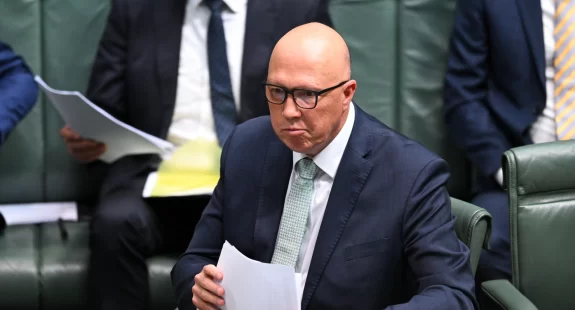
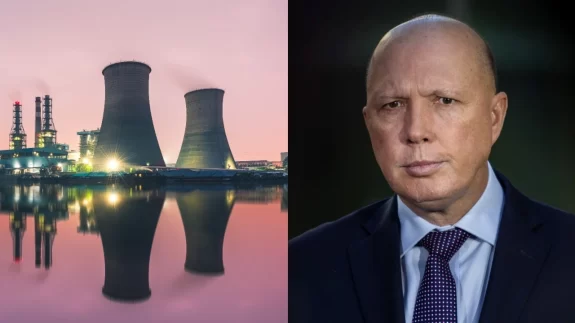
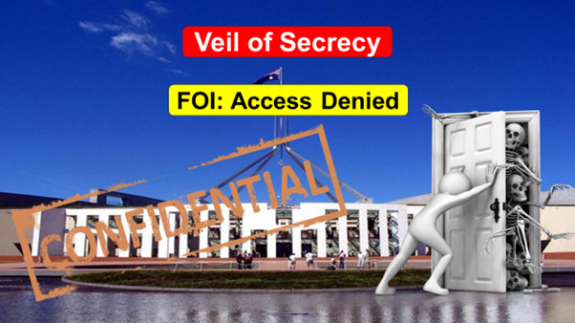
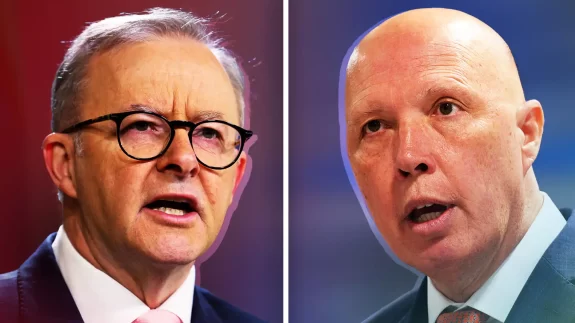
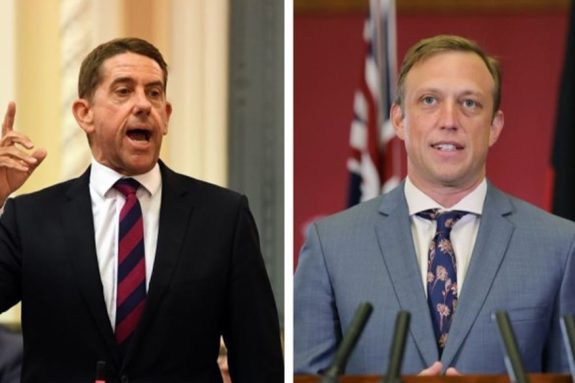





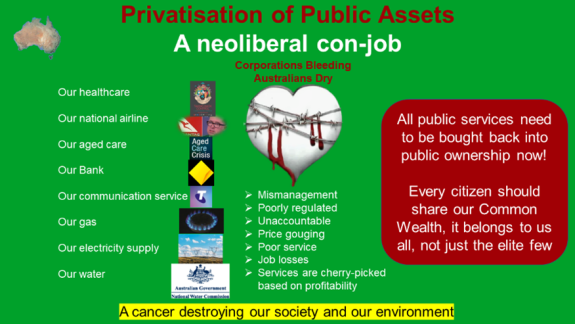
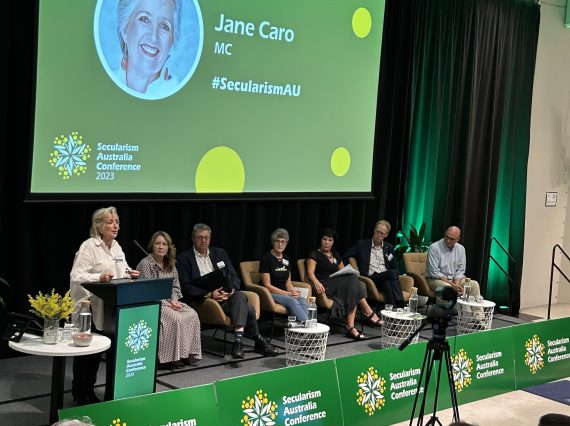






 Steve Davies is a retired public servant. His expertise is in the areas of organisational research and people development. He’s always been attracted to forward looking work. He’s a vocal critic of destructive, cruel and backwards looking behaviours and practices.
Steve Davies is a retired public servant. His expertise is in the areas of organisational research and people development. He’s always been attracted to forward looking work. He’s a vocal critic of destructive, cruel and backwards looking behaviours and practices.